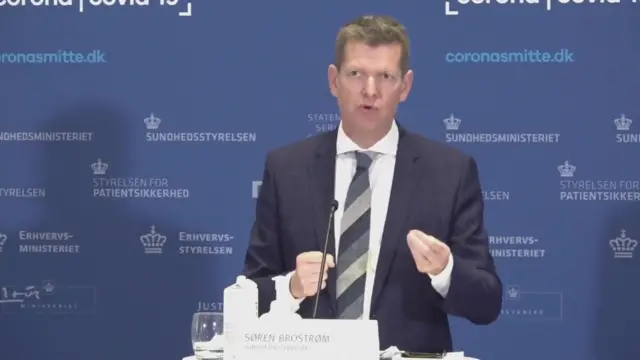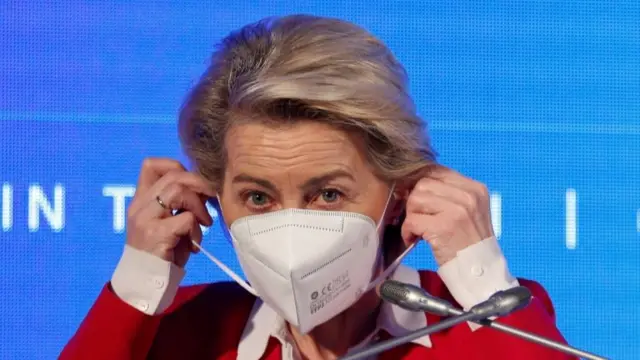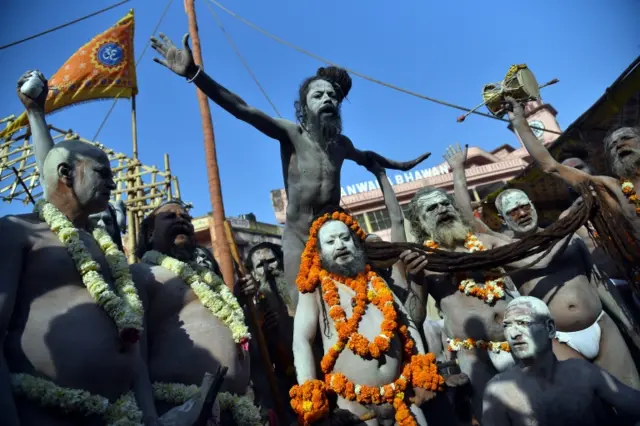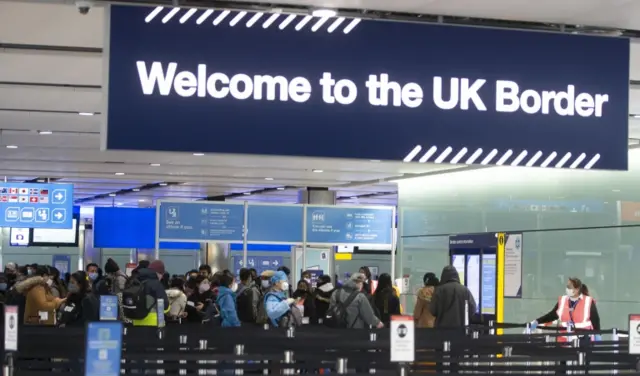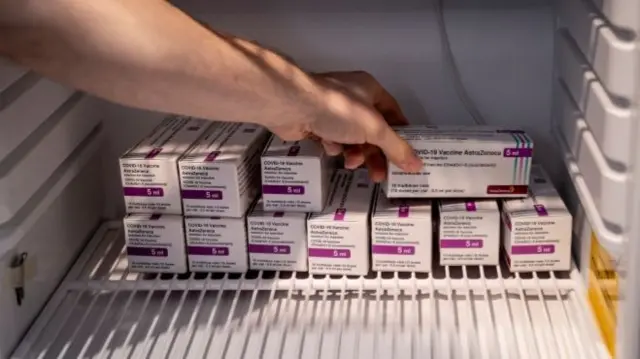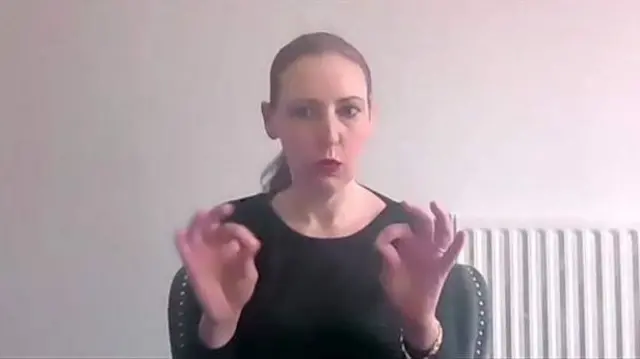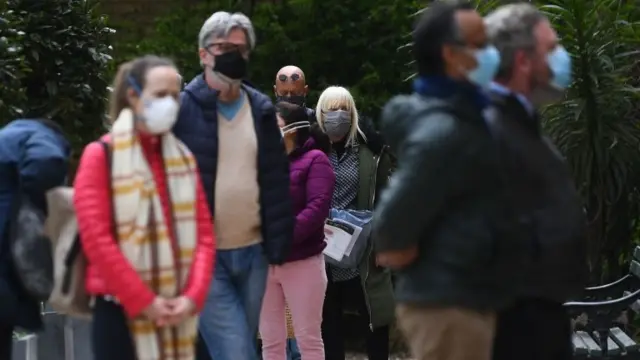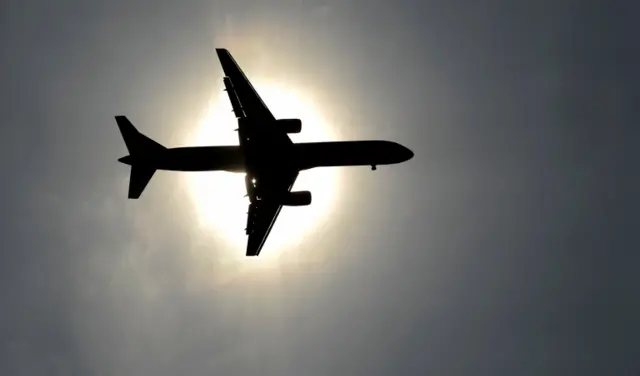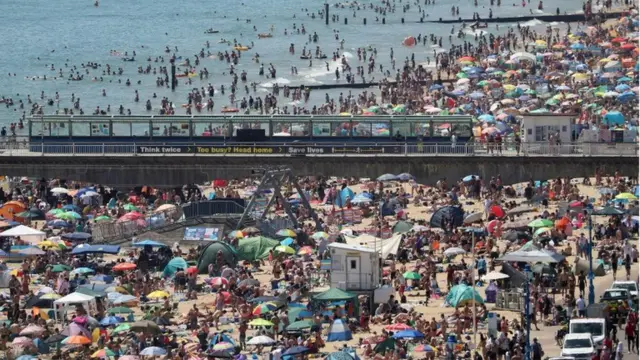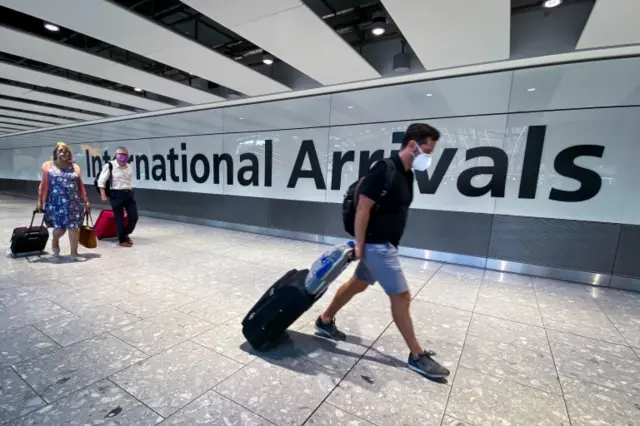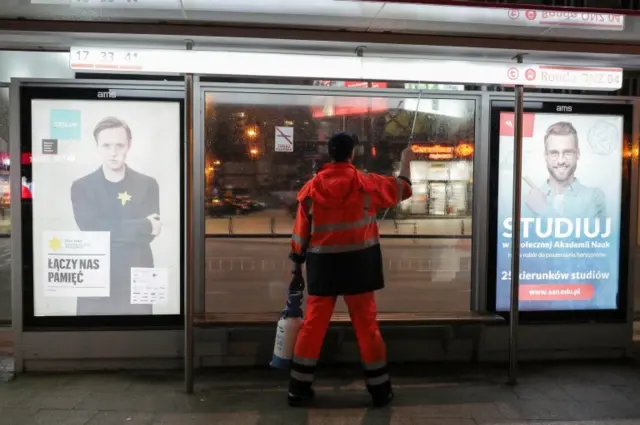'I'll miss seeing my family cheer me on at Olympics'published at 14:02 BST 14 April 2021

There are 100 days to go until the start of the postponed Olympic Games in Tokyo, Japan.
But because of the pandemic it will of course be different. Although Japanese fans will be allowed to attend events, international spectators are banned from travelling to Japan. Spectators must also refrain from singing or cheering and instead only clap for competitors.
British taekwondo gold medallist Jade Jones says it will be strange not having her family in Japan.
"My family have travelled to every Olympics, even the youth Olympics when it first started. Every time I come out to fight I see their faces screaming for me and cheering me on. And it really does make a difference to me.
"But I'm just seeing it as 'how amazing would it be to come running through the door and bring that gold medal home to all my family?'.
"And I know they'll be cheering me on... and [it would] bring a big buzz to the country and obviously my family as well to come back with that third gold medal."

